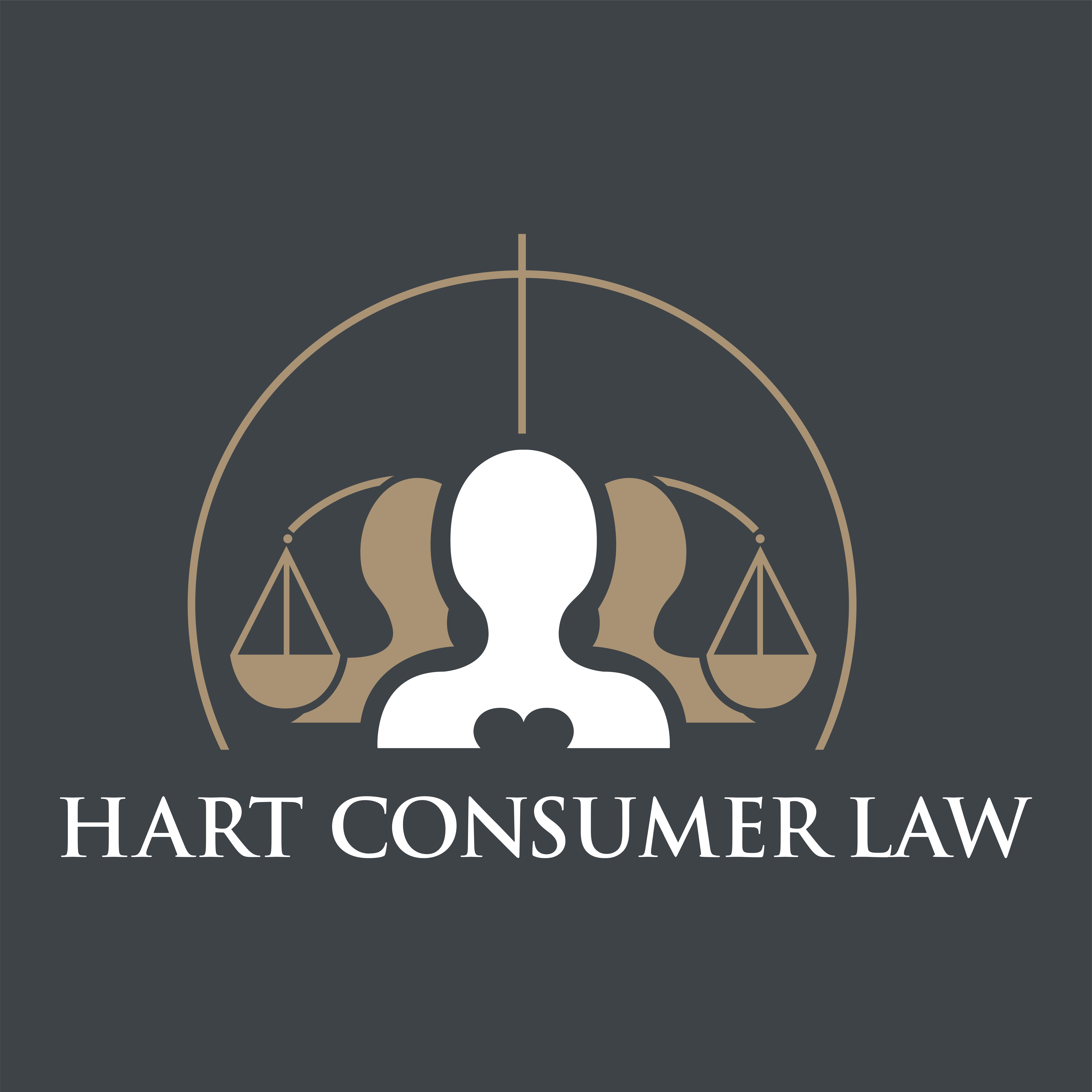While you may fear a court office or creditors knocking on your door asking for your personal property in a Chapter 7 bankruptcy, the reality is most individuals are allowed to keep their day-to-day property.
The property you are allowed to keep in a South Carolina Chapter 7 bankruptcy is based on the value of the property and the exemptions South Carolina provides you. An “exemption” is an amount, set out in the laws of South Carolina, that are you allowed to apply to your property value is various property categories. If you property is worth less than the exemption amount, then you will not lose that property.
The current exemption values provided by South Carolina for the type of property many people typically have are:
-Homestead (the home you own and in which you live) – $63,237.50
-Household goods, furnishings, electronics, clothing, appliances – $5,050.00
-One vehicle – $6,325.00
-Jewelry – $1,225.00
-Cash and liquid assets (usable only if you are not claiming a homestead exemption) – $6,325.00
-Retirement Accounts (IRA, 401ks) – no limit
-Tools of the trade (professional books, tools or equipment used for work) – $1,900.00
-“Wildcard” exemption – you can apply any unused certain exemptions, up to $6,325.00.
Keep in mind that in a joint case where spouses are filing, both spouses are able to use these exemptions so the amounts available double.
Bottom line – If you file a Chapter 7 bankruptcy in South Carolina and your property is less than the exemptions you are provided, it means you will not lose any property in a Chapter 7 bankruptcy.
As a disclaimer, all cases are based on individual facts and circumstances, and the above is not provided as legal advice to your specific situation. A consultation with my office and retention as counsel is required prior to any legal advice specific to your particular situation being provided.



